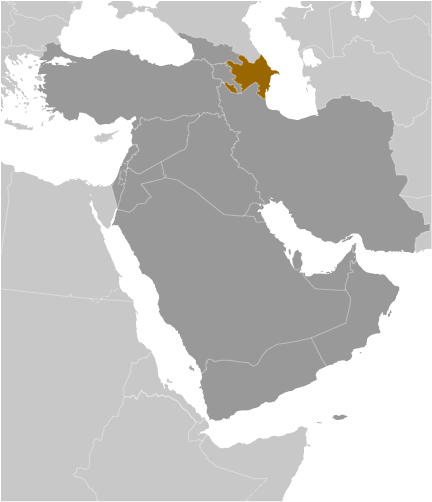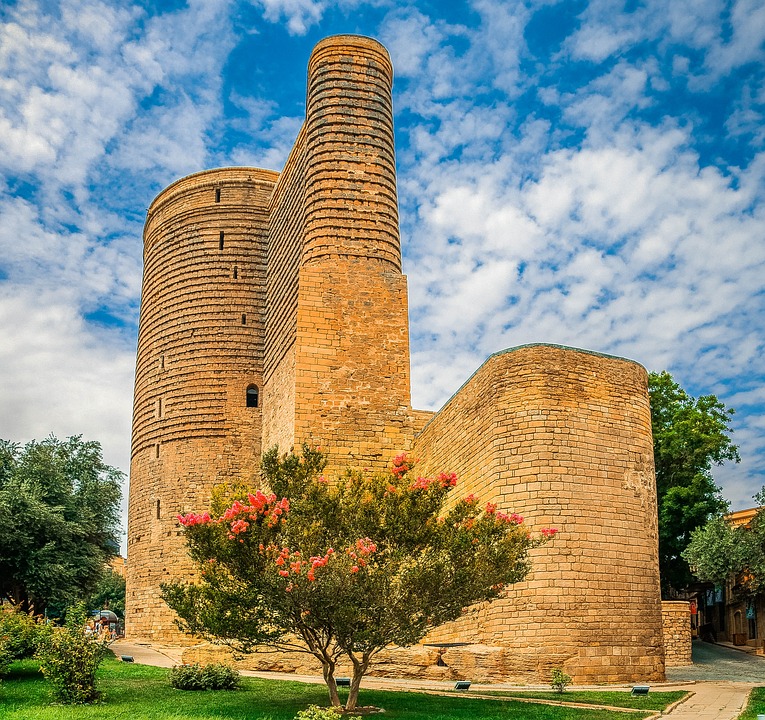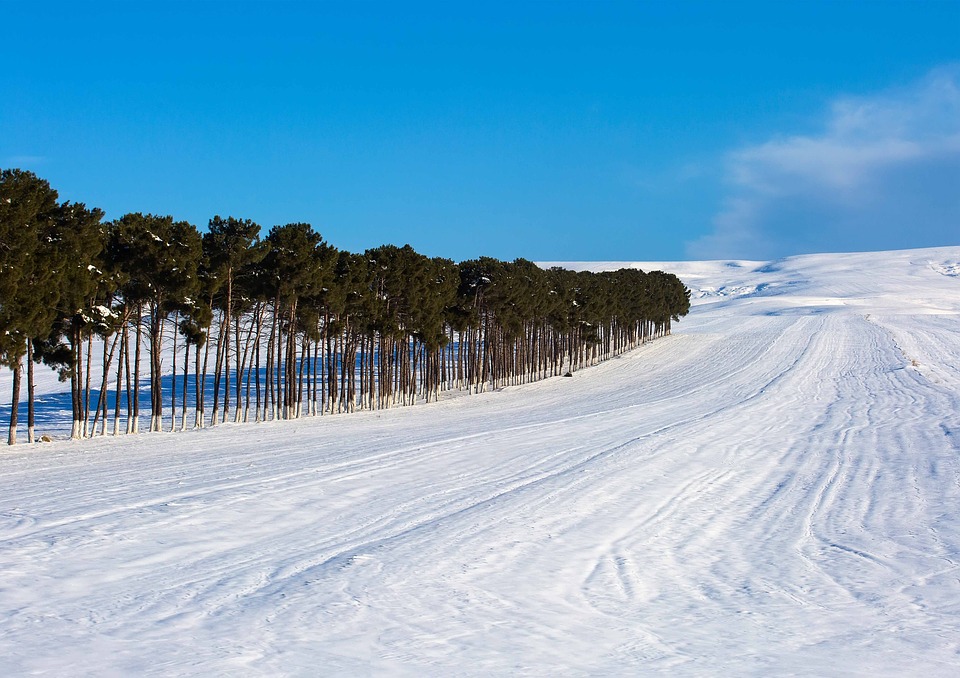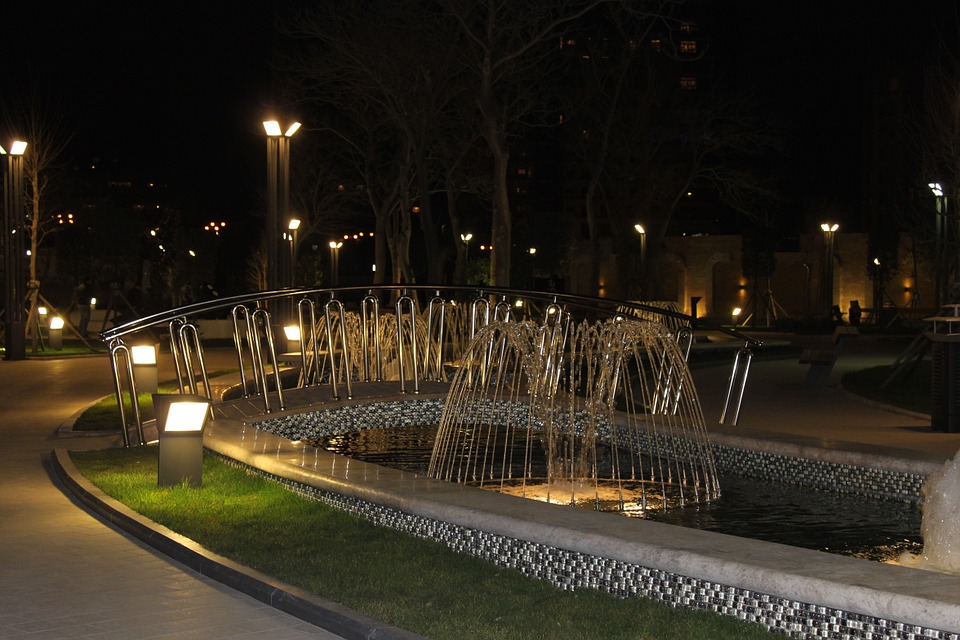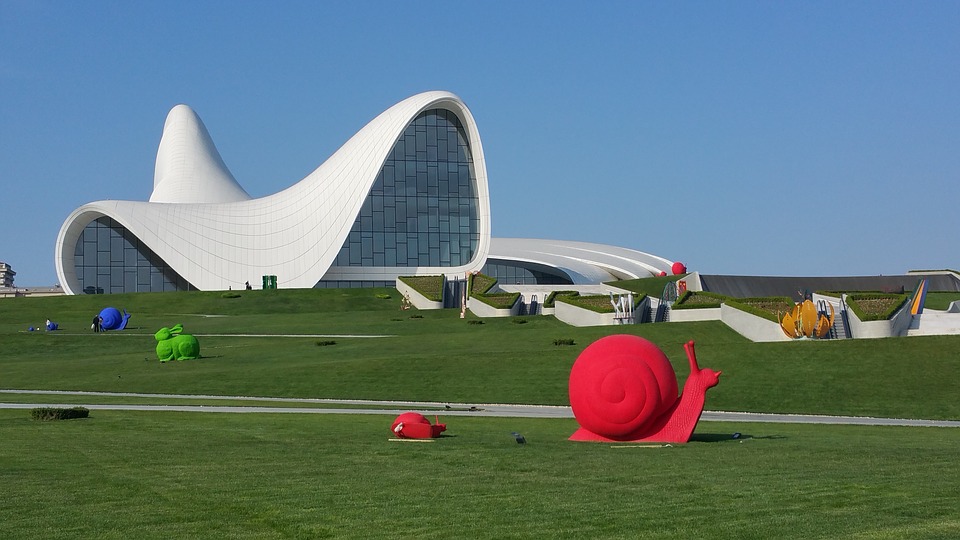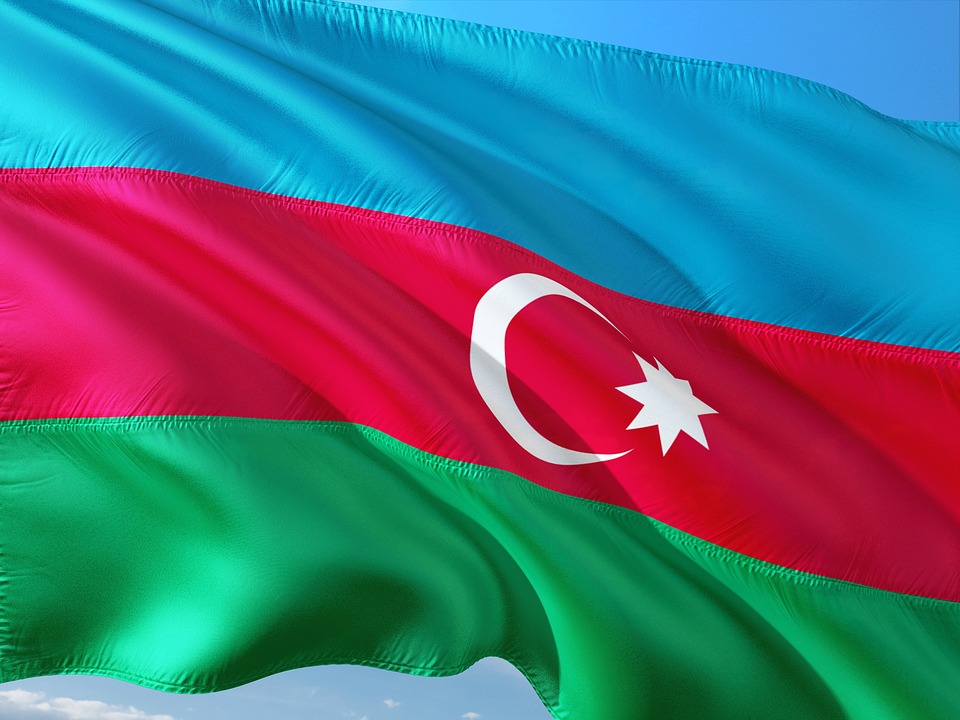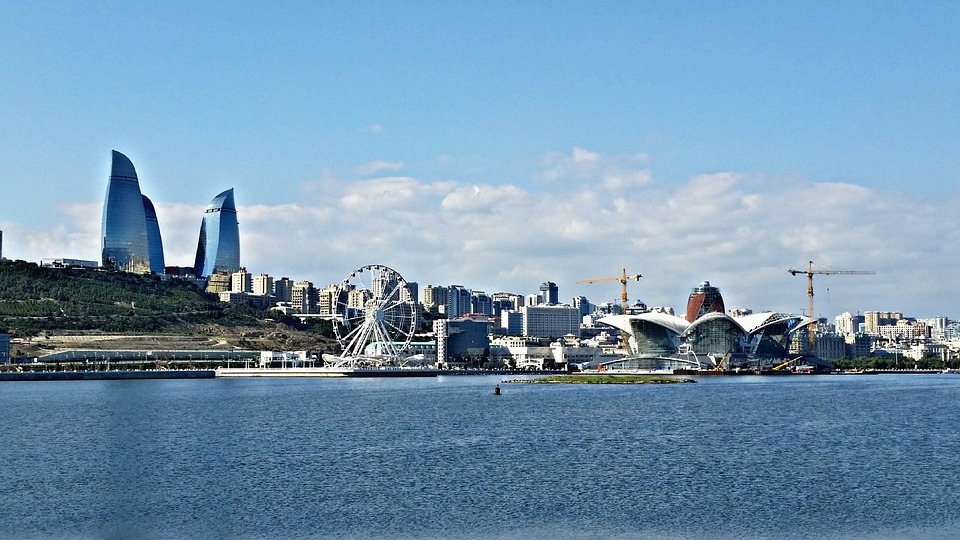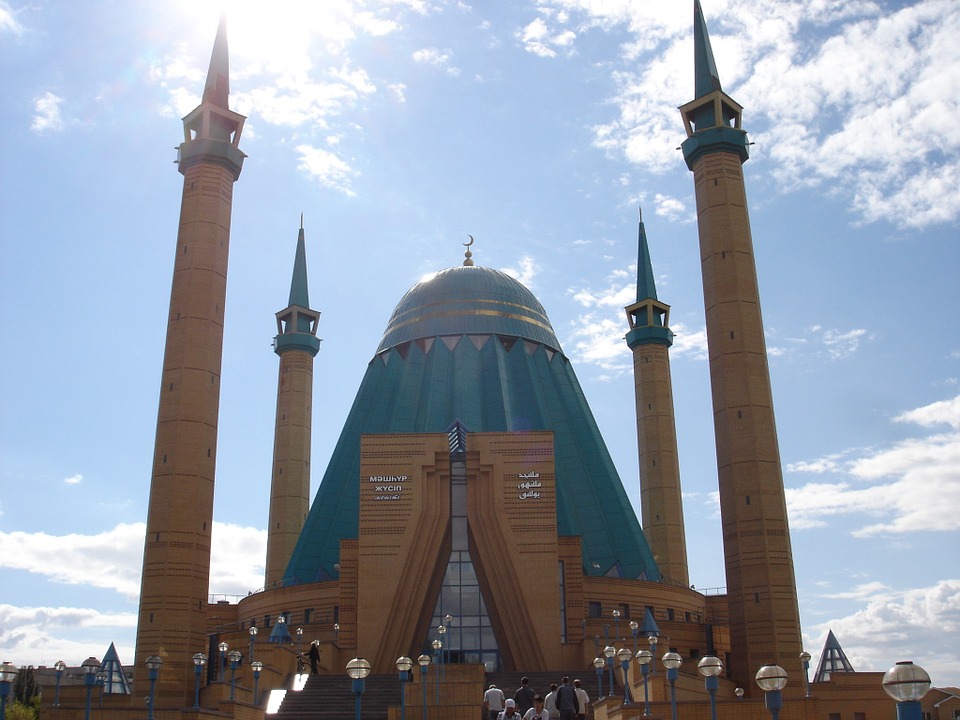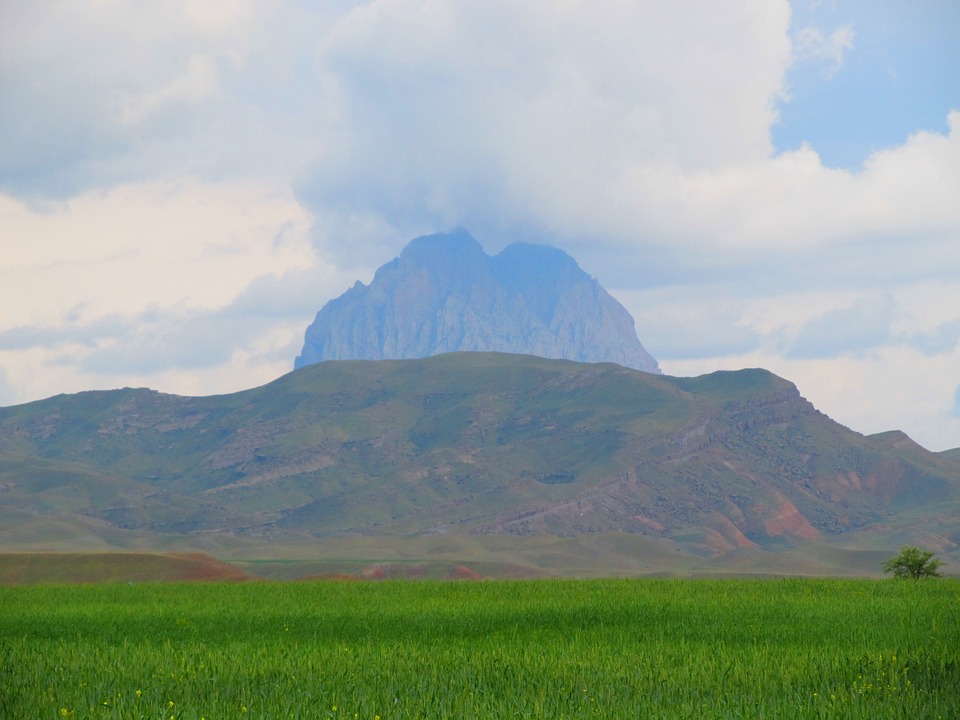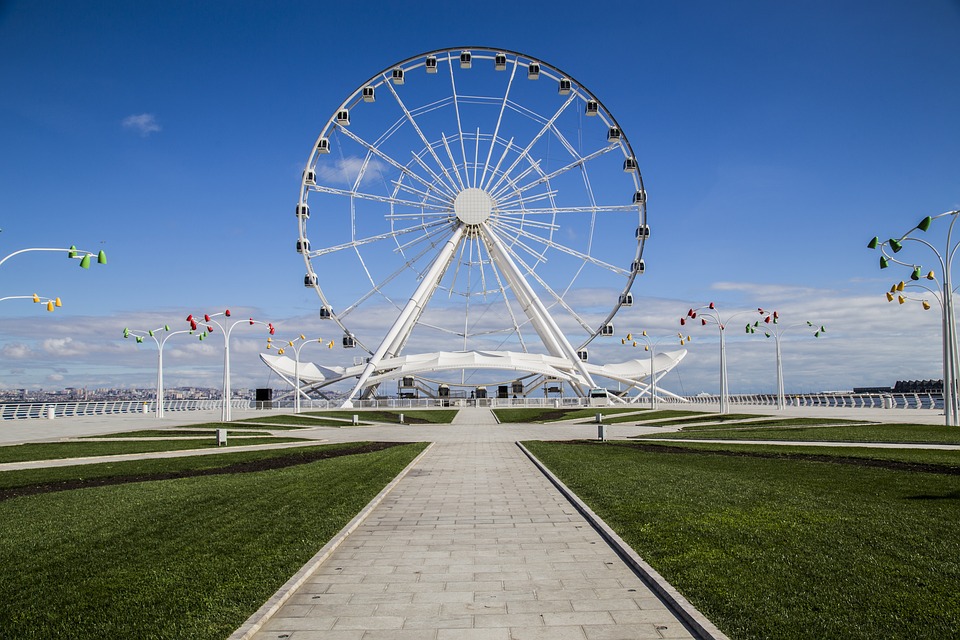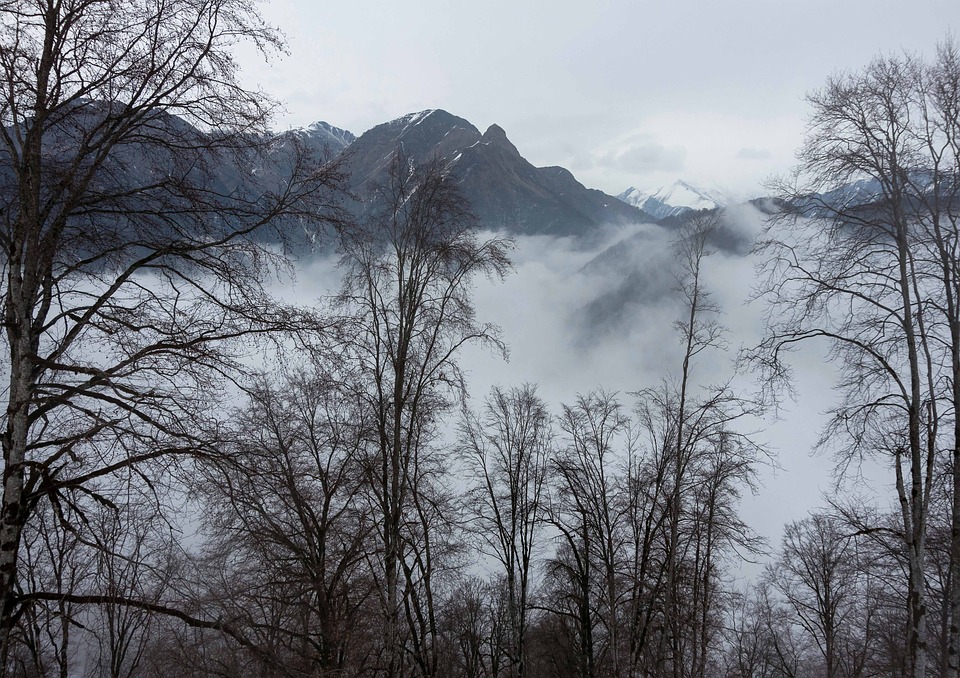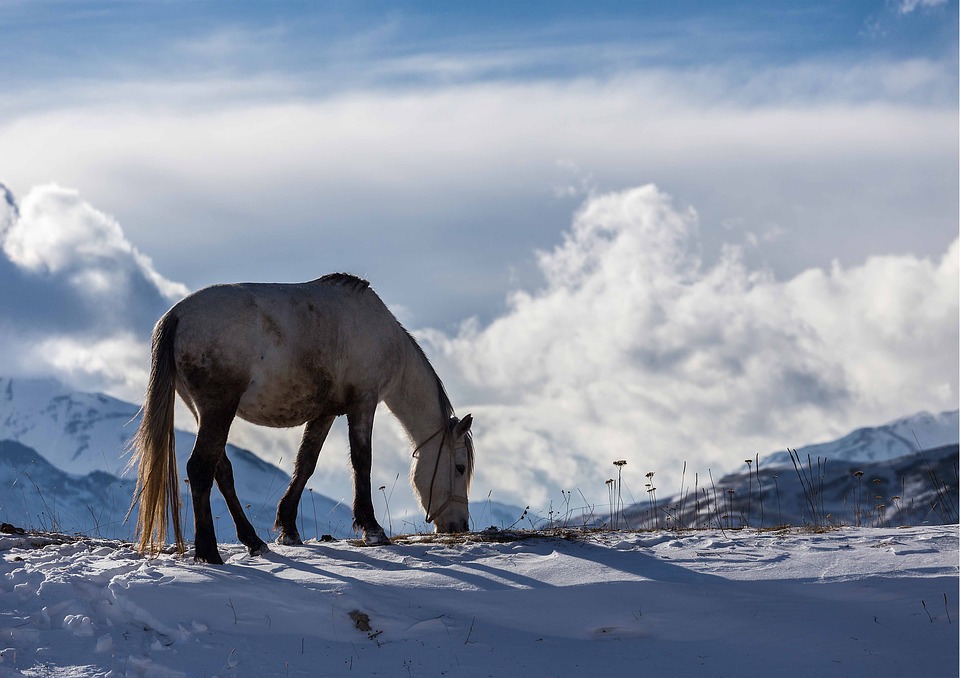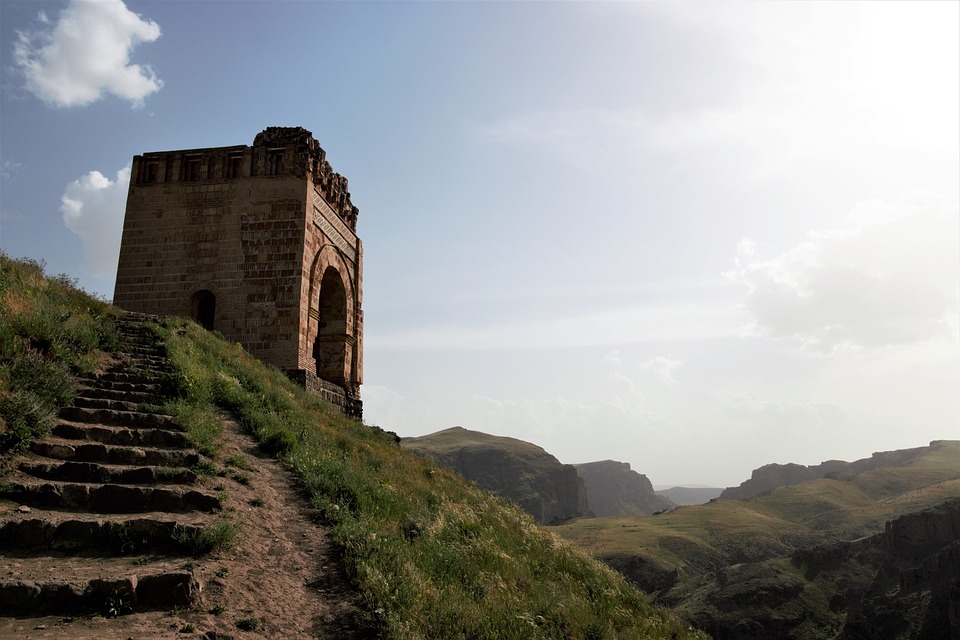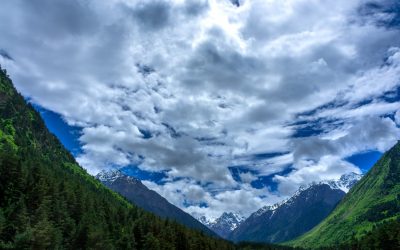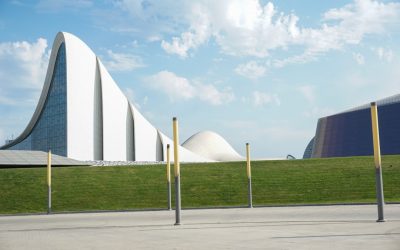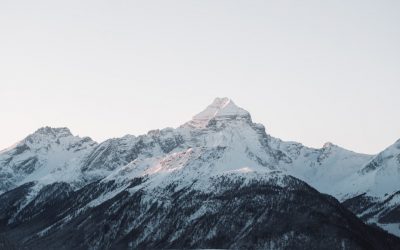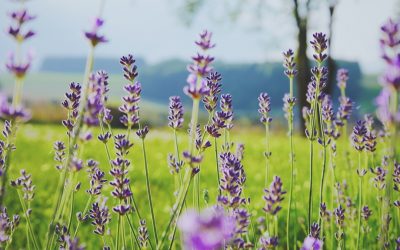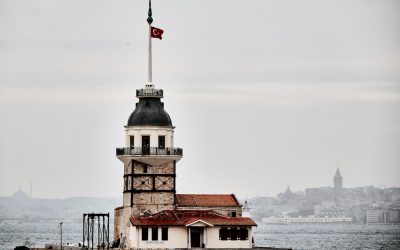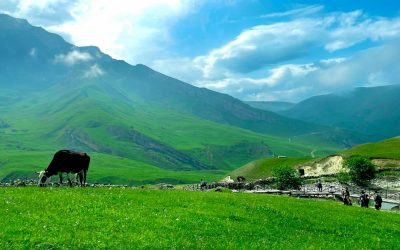Azerbaijan
(Azərbaycan Respublikası (Republic of Azerbaijan))

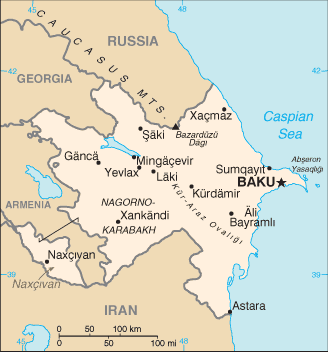
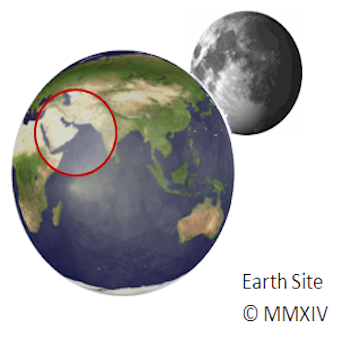
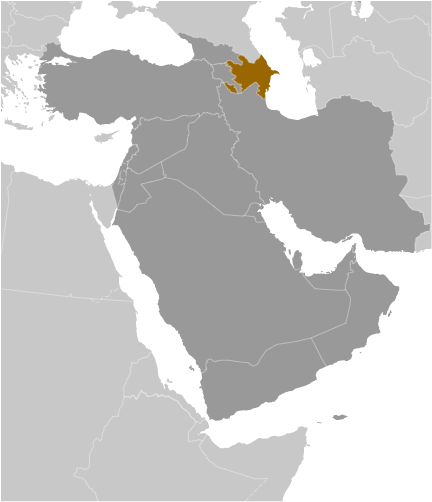
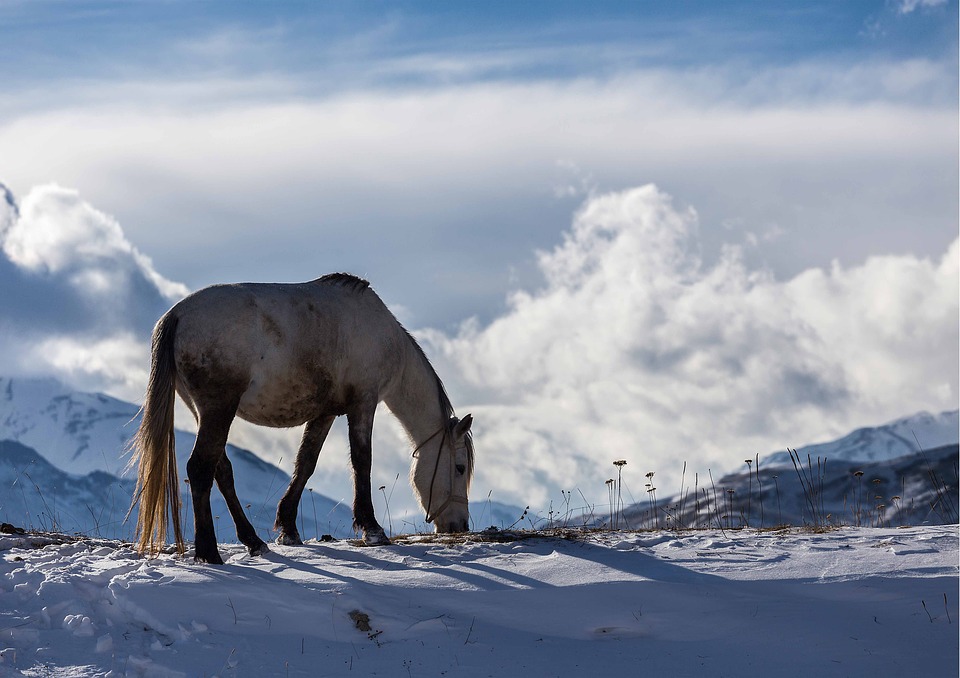
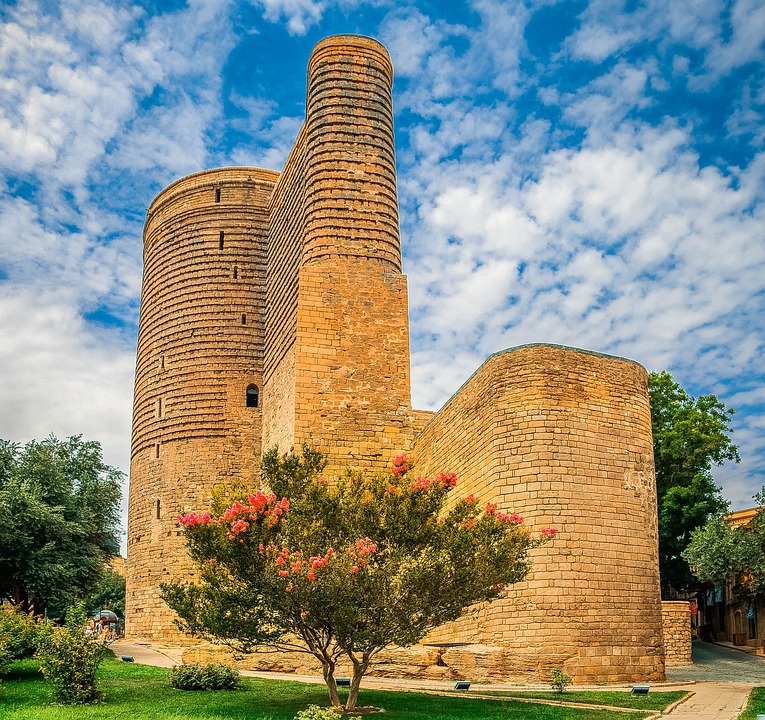
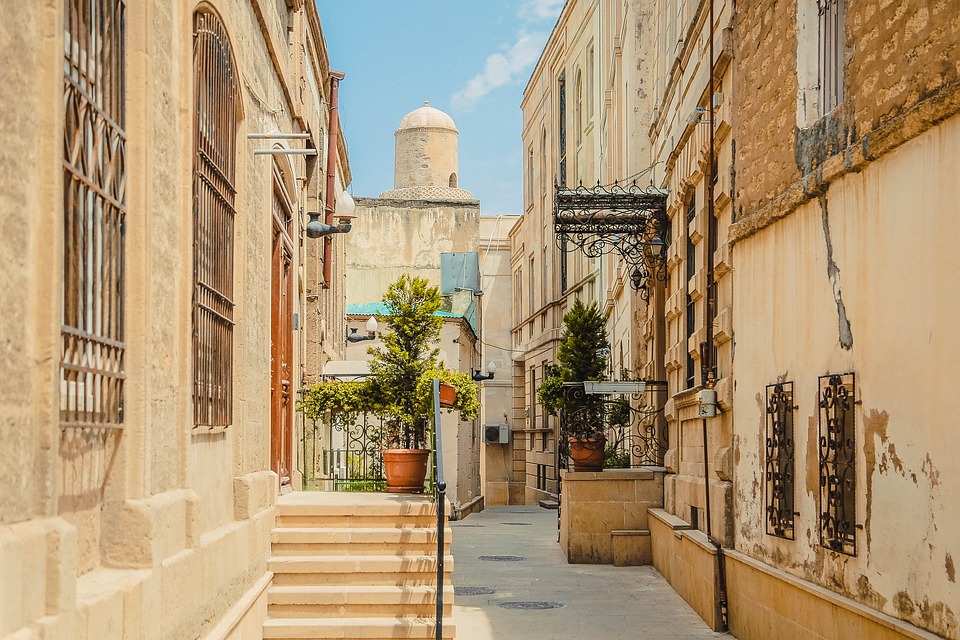
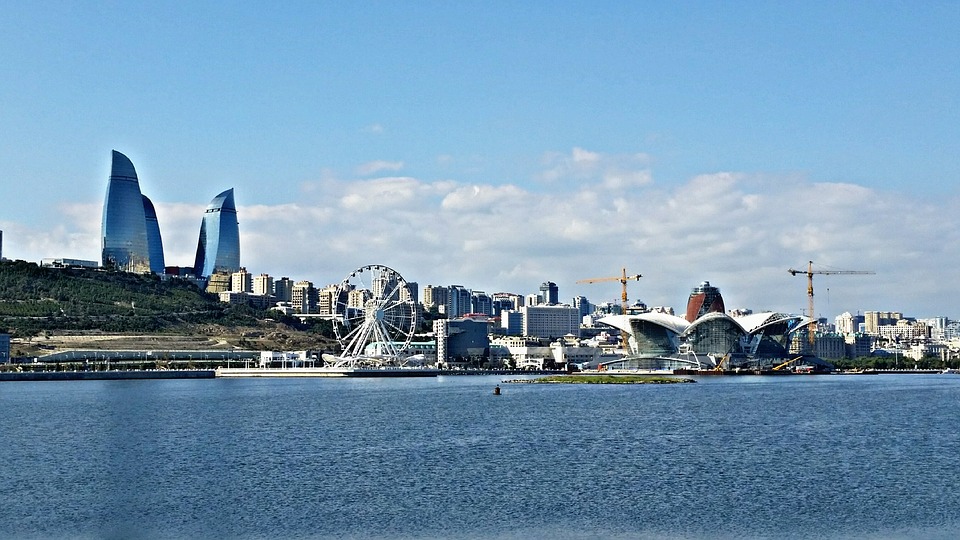
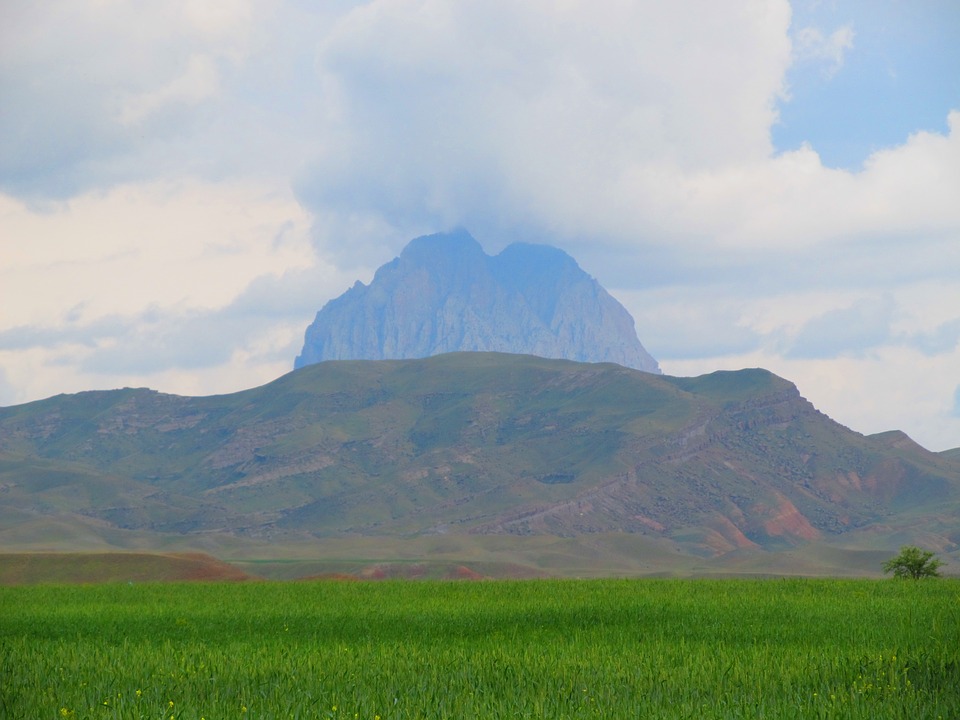
Capital of Azerbaijan : Baku (Bakı)
Population (Estimated July 2012): 9,493,600
Area: 86,600km2 or 33,436mi2
Currency: Manat (AZN)
Official Language: Azerbaijanian
Political Information: Parliamentary Republic
Official Religion: No Official Religion (approximately 93.4% of the population are Muslim, 2.5% are Russian Orthodox, 2.3% are Armenian Orthodox and 1.8% have other religious beliefs)
Highest Mountain: Şahdağ Mountain at 4,243m or 13,921ft
GDP Official Exchange Rate (OER is more precise at gauging a countries economic power)
(Estimated 2011): $68.5 billion (US$) or £41.1 billion (GBP)
GDP (OER) Per Capita (per member of the population estimated 2011): (US$) or (GBP)
GDP Purchasing Power Parity (PPP is good for gauging living conditions and use of resources but not as accurate as OER. This data has been calculated based on the sum value of all goods and services produced in the country valued at prices prevailing in the United States)
(Estimated 2011): $93.02 billion (US$) or £55.812 billion (GBP)
GDP (PPP) Per Capita (per member of the population estimated 2011): $10,200 (US$) or £6,120 (GBP)
Time Zone (GMT/UTC): +4:00
Counties/Provinces/States:
Rayons: Abseron Rayonu, Agcabadi Rayonu, Agdam Rayonu, Agdas Rayonu, Agstafa Rayonu, Agsu Rayonu, Astara Rayonu, Balakan Rayonu, Barda Rayonu, Beylaqan Rayonu, Bilasuvar Rayonu, Cabrayil Rayonu, Calilabad Rayonu, Daskasan Rayonu, Davaci Rayonu, Fuzuli Rayonu, Gadabay Rayonu, Goranboy Rayonu, Goycay Rayonu, Haciqabul Rayonu, Imisli Rayonu, Ismayilli Rayonu, Kalbacar Rayonu, Kurdamir Rayonu, Lacin Rayonu, Lankaran Rayonu, Lerik Rayonu, Masalli Rayonu, Neftcala Rayonu, Oguz Rayonu, Qabala Rayonu, Qax Rayonu, Qazax Rayonu, Qobustan Rayonu, Quba Rayonu, Qubadli Rayonu, Qusar Rayonu, Saatli Rayonu, Sabirabad Rayonu, Saki Rayonu, Salyan Rayonu, Samaxi Rayonu, Samkir Rayonu, Samux Rayonu, Siyazan Rayonu, Susa Rayonu, Tartar Rayonu, Tovuz Rayonu, Ucar Rayonu, Xacmaz Rayonu, Xanlar Rayonu, Xizi Rayonu, Xocali Rayonu, Xocavand Rayonu, Yardimli Rayonu, Yevlax Rayonu, Zangilan Rayonu, Zaqatala Rayonu, Zardab Rayonu
Cities: Ali Bayramli Sahari, Baki Sahari, Ganca Sahari, Lankaran Sahari, Mingacevir Sahari, Naftalan Sahari, Saki Sahari, Sumqayit Sahari, Susa Sahari, Xankandi Sahari, Yevlax Sahari
Autonomous Republic: Naxcivan Muxtar Respublikasi (Nakhichevan)
Leaders: President Ilham ALIYEV (since 31 October 2003); First Vice President Mehriban ALIYEVA (since 21 February 2017).
Sources: CIA World Fact Book, Encyclopaedia Britannica.
Azerbaijan, located at the crossroads of Eastern Europe and Western Asia, is a country that is often overlooked by tourists and travelers. However, this small nation is a land of contrasts and rich cultural heritage, with a history that dates back thousands of years. From its stunning landscapes to its vibrant cities, Azerbaijan offers a unique blend of old-world charm and modernity.
Azerbaijan has a long and complex history, with influences from various empires and civilizations. It was once part of the Persian Empire, the Russian Empire, and the Soviet Union. Today, it is an independent nation with a growing economy and a rich cultural heritage.
The country’s strategic location on the Caspian Sea has made it an important hub for trade and commerce throughout history. Its proximity to Europe, Asia, and the Middle East has also shaped its culture and traditions. Azerbaijan is known for its hospitality, with locals welcoming visitors with open arms and offering them a taste of their traditional cuisine.
Geography and Climate of Azerbaijan: From the Caspian Sea to the Caucasus Mountains
Azerbaijan’s geography is incredibly diverse, with a variety of landscapes ranging from the Caspian Sea coastline to the snow-capped peaks of the Caucasus Mountains. The country is also home to vast plains, fertile valleys, and arid deserts.
The Caspian Sea, which borders Azerbaijan to the east, is the largest inland body of water in the world. It not only provides a valuable source of fish and other marine resources but also serves as a major transportation route for oil and gas exports.
The Caucasus Mountains, which run through Azerbaijan’s northern border with Russia, are a natural barrier that has shaped the country’s history and culture. These mountains are home to several ethnic groups, including the Azeris, who make up the majority of the population.
Azerbaijan’s climate varies depending on the region. The coastal areas along the Caspian Sea have a subtropical climate, with hot summers and mild winters. Inland, the climate becomes more continental, with hot summers and cold winters. The mountainous regions experience colder temperatures and heavy snowfall in winter.
Azerbaijan’s History and Independence: From Soviet Rule to Modern Nationhood
Azerbaijan has a long and complex history that dates back thousands of years. It has been influenced by various empires and civilizations, including the Persian Empire, the Roman Empire, and the Mongol Empire.
In the 19th century, Azerbaijan came under Russian rule and remained part of the Russian Empire until the Russian Revolution in 1917. After a brief period of independence, Azerbaijan was incorporated into the Soviet Union in 1920.
During the Soviet era, Azerbaijan experienced rapid industrialization and urbanization. However, it also faced repression and political suppression under Soviet rule. In 1991, following the collapse of the Soviet Union, Azerbaijan declared its independence and became a sovereign nation.
Since gaining independence, Azerbaijan has undergone significant political and economic reforms. It has transitioned from a Soviet-style government to a presidential republic, with a focus on democratic principles and human rights. The country has also made efforts to diversify its economy and attract foreign investment.
Azerbaijani Culture and Traditions: Music, Dance, Food, and Hospitality
Azerbaijani culture is rich and diverse, with influences from various civilizations and empires throughout history. Music and dance play a central role in Azerbaijani culture, with traditional instruments such as the tar (a stringed instrument) and the balaban (a wind instrument) being widely used.
Azerbaijani cuisine is known for its rich flavors and use of local ingredients. Traditional dishes include plov (a rice dish), dolma (stuffed vegetables), and kebabs. Tea is also an important part of Azerbaijani culture, with locals often gathering to drink tea and socialize.
Hospitality is highly valued in Azerbaijani culture, with locals known for their warm and welcoming nature. Guests are often treated with great respect and are offered food and drinks as a sign of hospitality. This tradition is deeply rooted in Azerbaijani culture and is seen as a way to build strong relationships and connections.
Azerbaijani Language and Literature: A Window into the Country’s Past and Present
The Azerbaijani language, also known as Azeri, is the official language of Azerbaijan. It is a Turkic language that is closely related to Turkish and other Turkic languages spoken in Central Asia.
The Azerbaijani language has played a significant role in shaping the country’s culture and identity. It is used in literature, poetry, and music, and is an important part of everyday life for Azerbaijanis.
Azerbaijani literature has a long and rich history, with notable poets and writers such as Nizami Ganjavi and Mirza Fatali Akhundov. These literary figures have contributed to the development of Azerbaijani literature and have helped preserve the country’s cultural heritage.
Azerbaijan’s Economy and Industry: Oil, Gas, and Beyond
Azerbaijan’s economy has traditionally been heavily reliant on oil and gas exports. The country is rich in natural resources, particularly oil reserves in the Caspian Sea. Oil production has been a major driver of economic growth in Azerbaijan, attracting foreign investment and creating jobs.
In recent years, Azerbaijan has made efforts to diversify its economy and reduce its dependence on oil and gas. The government has implemented economic reforms aimed at attracting foreign investment in non-oil sectors such as tourism, agriculture, and manufacturing.
Azerbaijan has also invested in infrastructure development, including the construction of new roads, railways, and airports. These investments have helped improve connectivity within the country and have made Azerbaijan an attractive destination for foreign investors.
Azerbaijani Politics and Government: From Presidential Republic to Democratic Reforms
Azerbaijan is a presidential republic, with the President serving as the head of state and government. The President is elected by popular vote and has significant powers, including the ability to appoint government officials and dissolve the parliament.
In recent years, Azerbaijan has implemented democratic reforms aimed at improving transparency and accountability in the government. These reforms have included measures to combat corruption, strengthen the rule of law, and protect human rights.
However, Azerbaijan still faces challenges in terms of political freedom and human rights. Critics argue that the government has limited political opposition and suppressed freedom of speech and assembly. The government has taken steps to address these concerns, but there is still work to be done to ensure a fully democratic society.
Azerbaijan’s International Relations: Relations with Russia, Iran, Turkey, and the West
Azerbaijan’s foreign policy is guided by its strategic location and its desire to maintain good relations with its neighbors and the international community. The country has historically had close ties with Russia, Iran, and Turkey, due to its geographical proximity and shared cultural heritage.
Azerbaijan has also sought to strengthen its ties with Western countries, particularly in Europe and the United States. The country has been a member of the Council of Europe since 2001 and has sought closer cooperation with NATO.
Azerbaijan plays an important role in regional and international organizations. It is a member of the United Nations, the Organization for Security and Cooperation in Europe (OSCE), and the Commonwealth of Independent States (CIS). The country also hosts several international events, including the Eurovision Song Contest in 2012.
Azerbaijani Tourism and Attractions: From Baku to the Countryside
Azerbaijan has made significant efforts to promote tourism and attract visitors to the country. The capital city of Baku is a popular destination, with its mix of modern architecture and historic landmarks. The Old City, a UNESCO World Heritage site, is a must-visit, with its narrow streets, ancient buildings, and stunning views of the Caspian Sea.
Outside of Baku, Azerbaijan offers a variety of attractions for tourists. The countryside is dotted with picturesque villages, ancient ruins, and natural wonders. The Gobustan National Park, located just outside of Baku, is home to thousands of rock carvings dating back thousands of years.
The country’s natural beauty is also a draw for tourists. The Talysh Mountains in the south offer opportunities for hiking and exploring, while the Absheron Peninsula is known for its sandy beaches and resorts.
Azerbaijani Sports and Achievements: From Chess to Olympic Medals
Azerbaijan has a strong sporting culture and has achieved success in various sports at both the national and international levels. Chess is particularly popular in Azerbaijan, with the country producing several world champions and grandmasters.
In recent years, Azerbaijan has also made a name for itself in other sports. The country has won medals in wrestling, boxing, judo, and weightlifting at the Olympic Games and other international competitions.
Azerbaijan hosted the inaugural European Games in 2015, showcasing its ability to organize major sporting events. The country has also bid to host other international events, including the Olympic Games.
Conclusion: Recap of Azerbaijan’s rich history, culture, and achievements, and its potential for future growth and development.
In conclusion, Azerbaijan is a land of contrasts and rich cultural heritage. Its diverse geography and climate have shaped its history and culture, while its strategic location has made it an important hub for trade and commerce. Azerbaijan’s transition from Soviet rule to modern nationhood has been marked by political and economic reforms, as well as efforts to promote tourism and attract foreign investment.
Azerbaijani culture is vibrant and diverse, with music, dance, food, and hospitality playing a central role. The Azerbaijani language and literature offer a window into the country’s past and present, while its economy has traditionally been reliant on oil and gas exports. However, Azerbaijan has made efforts to diversify its economy and attract foreign investment in non-oil sectors.
Azerbaijan’s political system is a presidential republic, with recent democratic reforms aimed at improving transparency and accountability. The country has close ties with neighboring countries such as Russia, Iran, and Turkey, as well as with Western countries. Azerbaijan’s tourism industry is growing, with popular destinations in Baku and the countryside attracting visitors from around the world.
Azerbaijan has also achieved success in sports, particularly in chess and Olympic competitions. The country has hosted major sporting events and continues to bid for future events.
Overall, Azerbaijan’s rich history, culture, and achievements make it a fascinating destination for travelers and a country with great potential for future growth and development.
Climate Zones of Azerbaijan: Regional Variations in Weather
Azerbaijan is a country located in the South Caucasus region of Eurasia. It is bordered by the Caspian Sea to the east, Russia to the north, Georgia to the northwest, Armenia to the west, and Iran to the south. The country has a diverse geography, with a combination...
Azerbaijan’s Political Boundaries: Provinces, Districts, or Historical Lines?
Azerbaijan, located in the South Caucasus region of Eurasia, is a country with a rich history and diverse cultural heritage. It is bordered by the Caspian Sea to the east, Russia to the north, Georgia to the northwest, Armenia to the west, and Iran to the south....
Azerbaijan’s Varied Landscape: Mountains, Valleys, and Plains
Azerbaijan, located in the South Caucasus region of Eurasia, is a country known for its diverse topography. From majestic mountains to scenic valleys and vast plains, Azerbaijan offers a wide range of natural landscapes that attract tourists from all over the world....
Azerbaijan’s Population Density: A Closer Look
Azerbaijan, a country located in the South Caucasus region of Eurasia, has a population density of approximately 120 people per square kilometer. This makes it one of the most densely populated countries in the region. Understanding population density is crucial for...
Discovering Azerbaijan’s Natural Resources: Locations & Details
Azerbaijan, located at the crossroads of Eastern Europe and Western Asia, is a country rich in natural resources. Its diverse geography includes the Caspian Sea coastline, mountains, forests, and fertile plains. These natural features have contributed to the abundance...
Discovering Azerbaijan’s Cultural & Historical Landmarks
Azerbaijan is a country with a rich cultural heritage that spans centuries. From its ancient cities to its rural areas, Azerbaijan is filled with historical landmarks, unique traditions, and a diverse cuisine. Preserving this cultural heritage is of utmost importance,...
Discovering the Hidden Gems of Azerbaijan: A Journey Through its Rich Culture and Stunning Landscapes
Azerbaijan, a country located at the crossroads of Eastern Europe and Western Asia, is a hidden gem waiting to be discovered by travelers. While it may not be as well-known as its neighboring countries, Azerbaijan offers a wealth of attractions and experiences that...
